In the stubborn opacity of Chinese communist politics there are few ways for people to know what is going on at the highest levels of power. But for decades, there has been a pretty reliable bellwether: the front page of the newspaper.
This principle was demonstrated in a starker way than usual recently, when the Beijing Daily on March 31 declared that “the general secretary should not be the highest authority over the party’s Central Committee,” and that “collective leadership should be emphasized.”
At the time, Hu Jintao, the general secretary of the Chinese Communist Party, was in Cambodia.
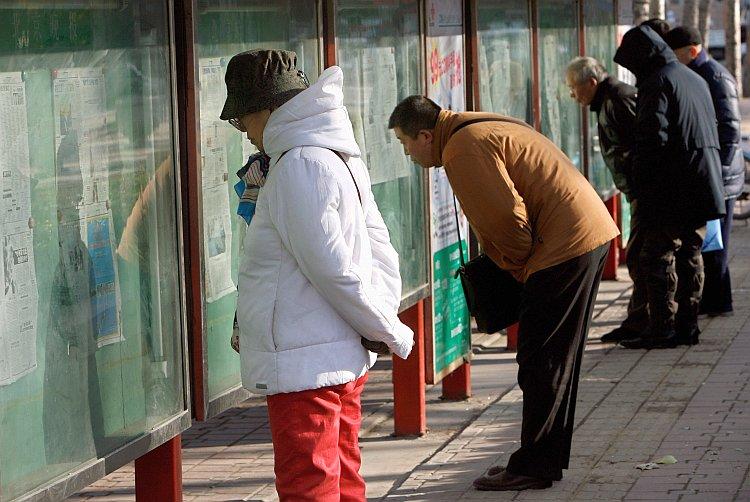
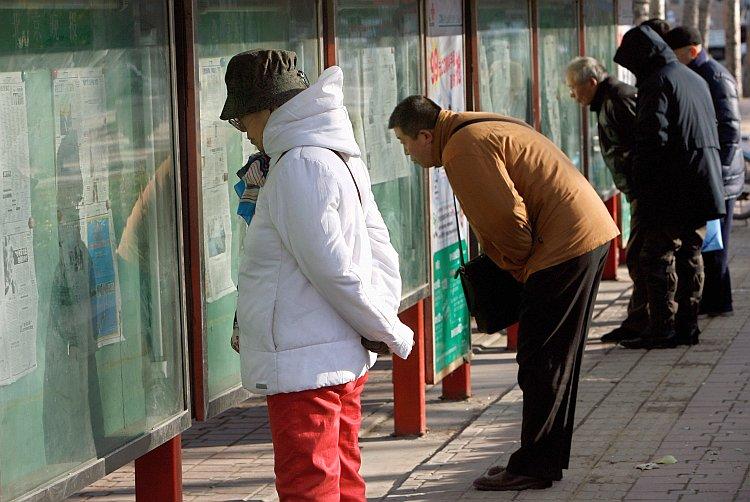
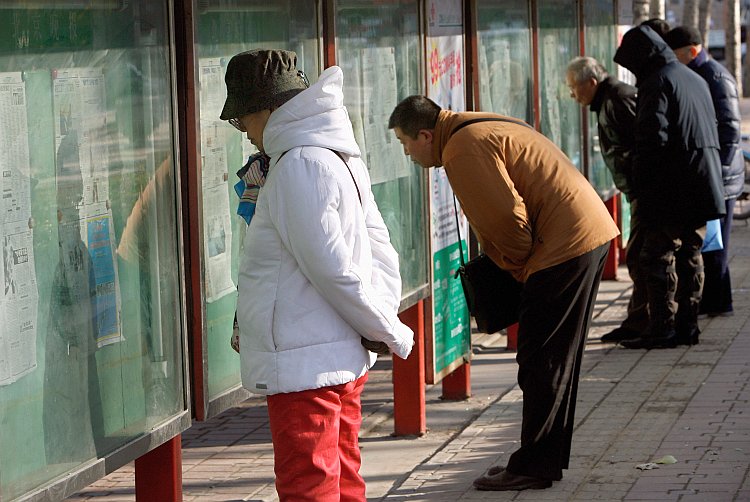
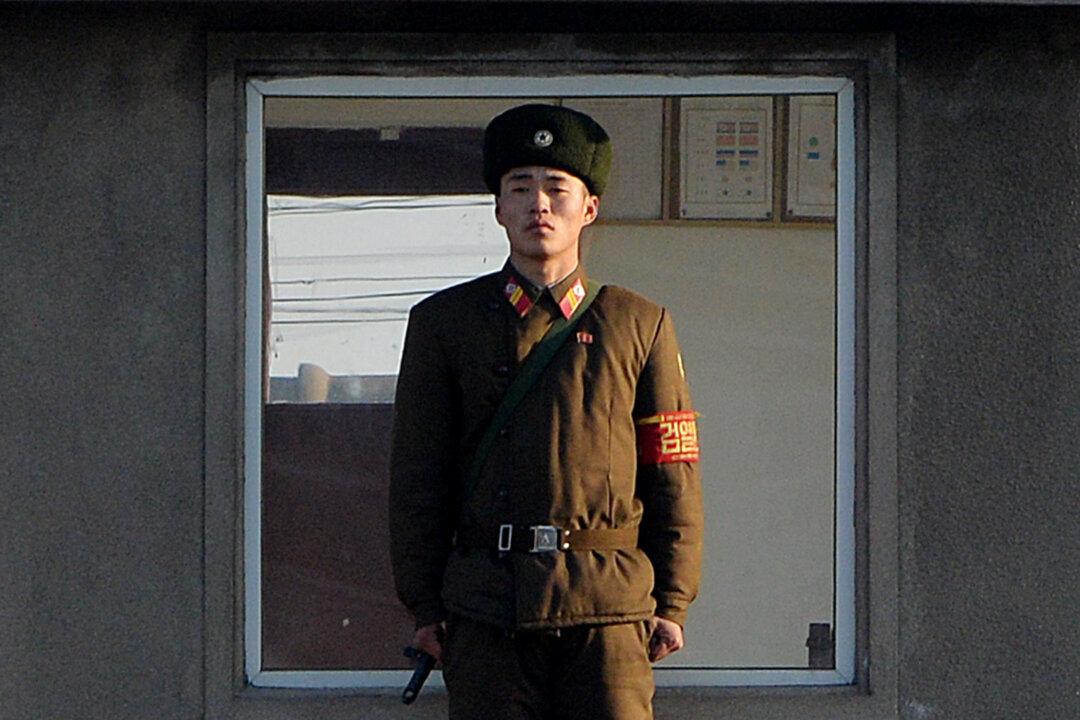
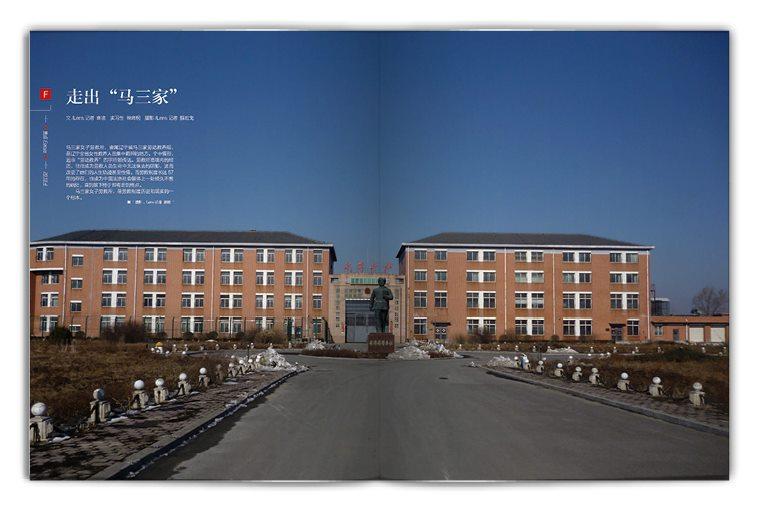
![TV President Gets Call From Chinese Spy [Video]](/_next/image?url=https%3A%2F%2Fimg.theepochtimes.com%2Fassets%2Fthemes%2Feet%2Fimages%2FEET_default_700x420.jpg&w=1200&q=75)